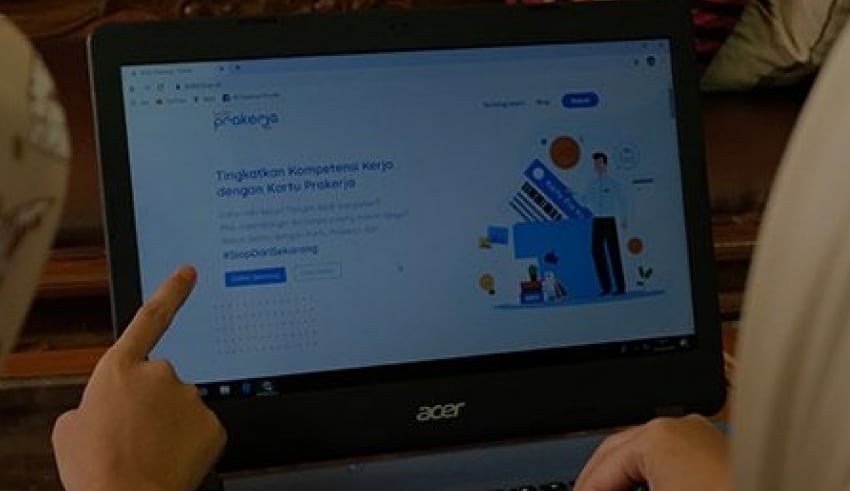
Last updated on May 7th, 2021 at 08:40 am
It is undeniable that the coronavirus (Covid-19) pandemic has a huge impact on people’s lives, including the economy in Indonesia. The business world was devastated by this pandemic.
The Indonesian Chamber of Commerce and Industry (Kadin) said the number of unemployed due to the corona pandemic reached more than 10 million. The figure is calculated from the number of employees laid off and termination of employment (layoffs) in all industrial sectors and MSMEs.
The government is requested to do two things to overcome the surge in unemployment, according to Kadin, namely maintaining demand and maintaining supply availability. Therefore, the government must issue incentives that can maintain people’s purchasing power.
On the other hand, the government must guarantee the availability of raw materials and not cover all production activities. The flow of logistical goods must also be ensured smoothness despite large-scale social restrictions (PSBB) policies. The government should review companies that are allowed and not operating during the implementation of the PSBB.
The impact of the coronavirus spread makes income dragging entrepreneurs. At the same time, employers are faced with demands to pay religious holiday allowance (THR) to employees ahead of Eid al-Fitr in the near future. Even though the company has been worried about the unstable cash flow, to pay salaries let alone pay THR.
Moreover, paying THR, entrepreneurs also feel confused if they still have to be required to pay this allowance as stipulated by the government.
While on the other hand, the Indonesian Trade Union Group (KSPI) feels workers will be disadvantaged by allowing private companies to postpone or pay off religious THR payments no later than the end of 2020, which is regulated through the Ministry of Manpower’s Circular (SE).
Then, the Ministry of Manpower (Kemnaker) decided to require employers to pay THR to employees. The government is preparing sanctions for employers who do not pay THR to their employees. Though it may be that not all companies may be unable to pay THR because they have already sacrificed some of their employees to be laid off.
For companies that are unable to pay THR, there will be a reduction in the payment. However, between the company and employees must have a dialogue to produce a joint solution. It might be a bit difficult to reach an agreement in which the employee asks for their rights, while on the other hand employers also find it difficult to fulfill their obligations, even though the THR are paid in stages.
The government also launched the program as a form of financial assistance for Indonesians who want to improve their skills through the Employment Card. The target, especially, people who are unemployed and ready to find work, until they are victims of layoffs.
With this program, the government hopes to be able to improve the skills of the community before treading into the world of work, also in order to reduce the number of unemployed people in Indonesia.
However, the program received criticism from various parties because it was considered ineffective. Others, starting from the urgency, the suitability of the curriculum to companies, the price of training that is not reasonable, replacing it with direct social assistance, to the emergence of the assumption of the potential for maladministration.






















